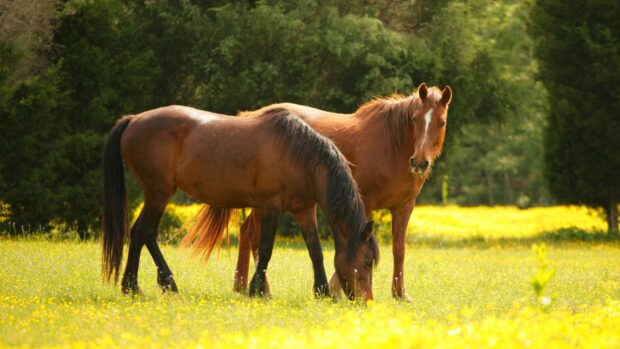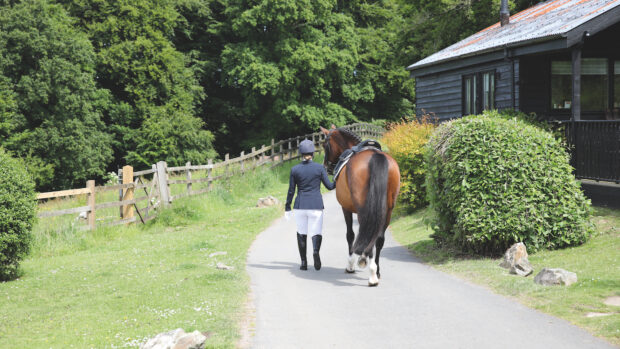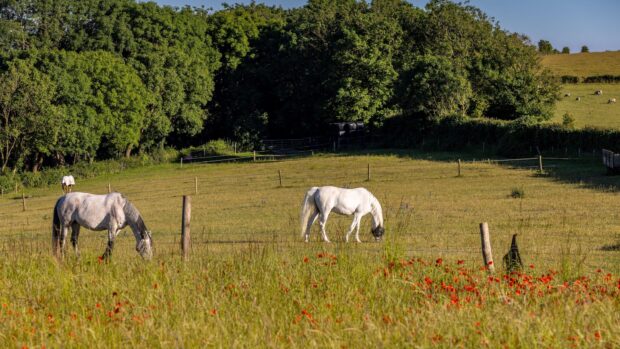Equestrians need to take time to understand the limitations of the human perspective, when making decisions on horses’ welfare, said Nicolas de Brauwere, head of welfare and behaviour at Redwings, while presenting at the Horses Inside Out Conference (17–18 February).
Mr De Brauwere spoke about the human tendency to anthropomorphise – attributing human characteristics of behaviour to an animal – and how by being more aware of that and flipping it around, it can become an advantage that can be used to help our horses.
He described this as “critical anthropomorphism”, which requires people to know a lot about a species and show empathy and understanding, as if we were that creature, rather than using our human preferences.
“What’s important is to not throw anthropomorphism out, but to recognise that it is potentially dangerous if you think about [horses] as you,” said Mr De Brauwere.
“On the other hand, if you flip it around and say, ‘What if I was that horse?’ you become a critical anthropomorphist. To be a good one, you have to understand as much as you can about that animal.”
Mr De Brauwere added: “If you understand what horses need, what they would choose if they could tell you – and often they are talking to us, we are just not listening – then you can recognise the things you need to do to give them the improvement in welfare they might be seeking.”
He said that to prioritise horse welfare, we need to interpret behaviour accurately, and acknowledge that the welfare and wellbeing of horses “falls on all of us”.
“We control the lives of nearly every horse on the planet,” he said. “That is an enormous amount of control.
“So when we get behaviours that start to become awkward for us, we need to think about whether we are actually fighting against the fundamental drive those animals have to do, or be, something different.
“That’s why understanding is really important, to truly understand a horse’s needs.”
He added: “We are often the problem when it comes to understanding what our horses are trying to talk to us about.”
- Learn more about the discussions that took place during day one of the conference in Horse & Hound magazine, on sale Thursday 29 February
You might also be interested in:

‘Doing mares a disservice’: why ‘mareish’ stereotypes could be harming our horses

World first as government officially recognises horses as athletes

Suitably mounted: what does it mean? Your views sought on tricky topic

Subscribe to Horse & Hound magazine today – and enjoy unlimited website access all year round
Horse & Hound magazine, out every Thursday, is packed with all the latest news and reports, as well as interviews, specials, nostalgia, vet and training advice. Find how you can enjoy the magazine delivered to your door every week, plus options to upgrade your subscription to access our online service that brings you breaking news and reports as well as other benefits.




